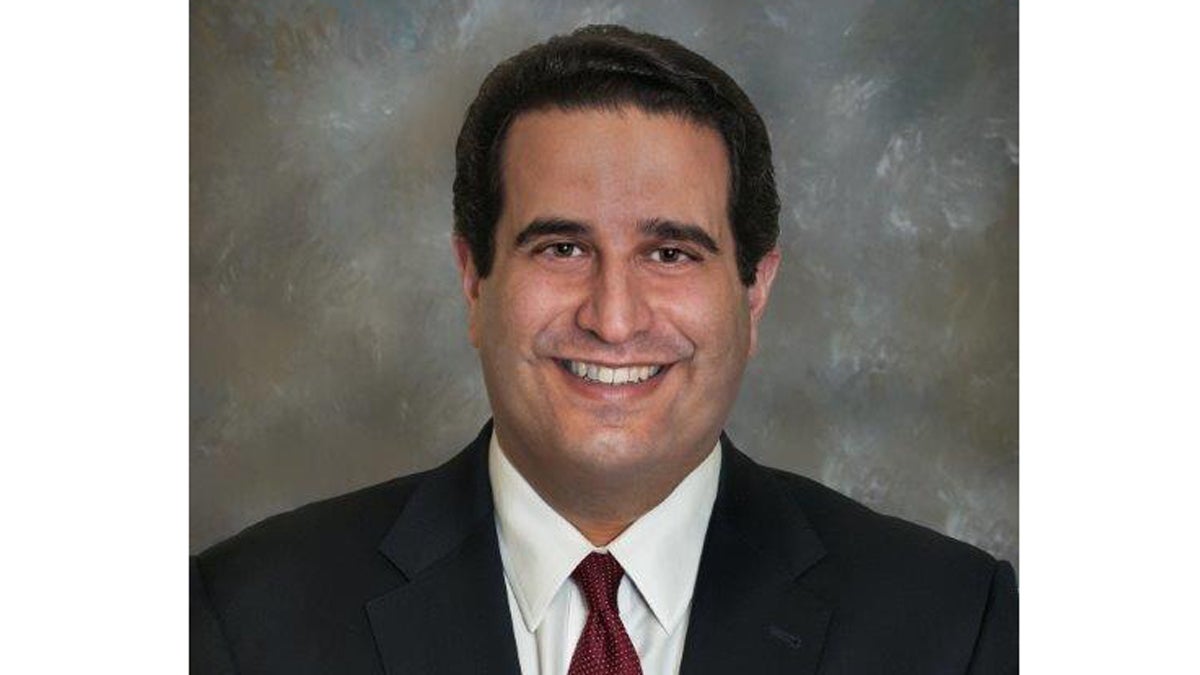Lawsuit prompts Pennsylvania to expand mental health-treatment options

Pennsylvania Department of Human Services Secretary Ted Dallas said the settlement "puts the focus exactly where it needs to be, on providing the highest level of services we can." (Department of Human Services)
Pennsylvania will devote more resources to treatment and housing for criminal defendants who have mental illness, under the terms of a deal approved by a federal judge Wednesday.
The agreement came in response to a lawsuit filed in October by the American Civil Liberties Union of Pennsylvania. The group alleged that the state’s shortfall in available mental health-treatment slots for people who were criminally charged but incompetent to stand trial was leading people to wait in county jails for months — far longer than is constitutional, according to federal courts that have ruled on the matter in other states.
Department of Human Services Secretary Ted Dallas responded to the settlement with a written statement.
“This agreement puts the focus exactly where it needs to be, on providing the highest level of services we can for those served by the forensic system,” said Dallas. “A well-functioning, forensic mental health system is not only a critical part of a well-functioning human services system, but also of a well-functioning criminal justice system.”
ACLU of Pennsylvania Legal Director Vic Walczak said he’s pleased the state was so willing to make changes, calling Wednesday’s settlement a “very strong first step.”
“The problem is not going to be solved overnight,” said Walczak.
To that end, the deal directs the commonwealth to work with an expert to prevent people with chronic mental illness from entering the criminal justice system.
Parties in the case must still set a cap on the amount of time defendants can wait in jail before being hospitalized to receive mental health treatment. Federal Judge Sylvia Rambo, who approved the settlement, will decide the upper limit herself if there’s no agreement in three months.
In Philadelphia, the settlement calls for $1 million for “supportive housing opportunities.”
Under Medicaid rules, an inmate cannot receive restorative mental health services, which is generally covered, if the person is incarcerated. So the $1 million is going to be doled out as housing vouchers for inmates currently waiting for treatment in county jails.
There are around 200 people in the Philadelphia area who will use the vouchers to leave jails and find housing in communities, according to Walczak. At that point, they’ll be able to apply for treatment under Medicaid. Once they’re found to be rehabilitatted, courts will set hearing dates for them to face their charges.
The ACLU of Pennsylvania said the lawsuit was prompted by a complaint received from someone in Allegheny County, and then reinforced by lawyers in southeastern Pennsylvania who agreed that the gridlock in the state’s mental health system was becoming a huge problem for criminal defendants deemed incompetent.
Luna Pattela, a lawyer with the Defender Association of Philadelphia, called Wednesday’s settlement a “glimmer of hope.” She said she has worked in her organization’s mental health unit for 15 years, and only recently saw wait times balloon.
“In the last year-and-a-half alone, the numbers were beyond our belief — of wait times, of lack of treatment, of lack of resources,” said Pattela. “We’re excited that this is a good start to try and solve this problem.”
WHYY’s Bobby Allyn contributed to this report
WHYY is your source for fact-based, in-depth journalism and information. As a nonprofit organization, we rely on financial support from readers like you. Please give today.

